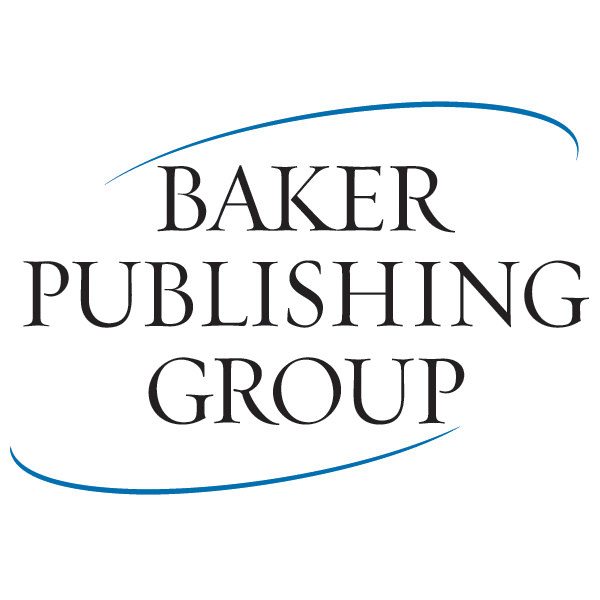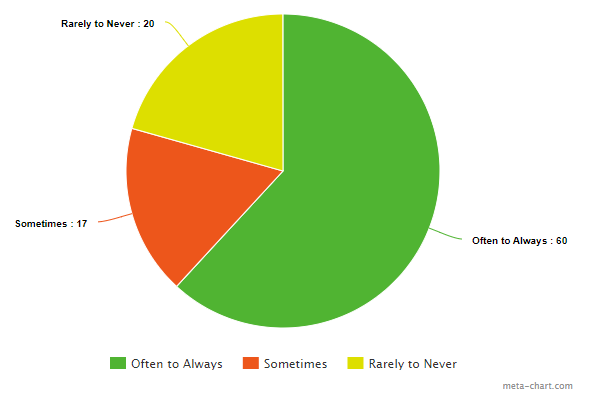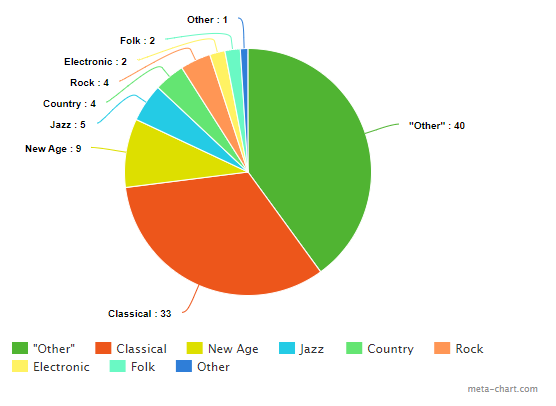I often hear from writers who have a vague idea of their message and who they want to serve, but they struggle to nail it all down. They don’t have clarity about how to position themselves, what to write about, and who exactly is their audience.
“I seem to be good at [fill in the blank],” they say, “but I don’t know where to go from here.”
If you find yourself in this situation, it can be frustrating and even scary. You end up asking yourself questions like:
- What should I write about?
- Who are my readers?
- How should I go about this?
- Will this ever get off the ground!?
These questions can cut you off at the knees. In today’s blog post I share four steps that will help take the load off and get your audience to tell you what to write.

Step 1: Write and publish a lot
If you’re a little fuzzy about what to write or who to write it for, the best thing you can do is start writing. Clarity comes with action.
In the beginning resist the temptation to measure traffic, shares, subscribers, and so on. Measure your own hustle. Are you getting your writing in? Are you producing content? Are you hitting “publish” regularly and letting the world know that you have something new to share?
Hang out in “write and publish” land for a while. Make it your goal to get thirty blog posts published before you do much at all in the way of assessment.
One more thing: Work hard to serve somebody with what you write. Do your best work.
Step 2: Notice how people are responding.
After you’ve written thirty blog posts, go back now and pay attention:
- Which blog posts did people notice?
- Which ones were shared?
- Which ones received comments?
Jot down some observations. If you are not getting much interest at all, go back to step 1 and write another thirty blog posts.
Step 3: Identify what’s reproducible and what isn’t.
When you have a sense of what’s working for your audience, think through questions such as:
- What patterns do I see?
- What sort of content do people seem to enjoy and find helpful?
- What seems to resonate that I can do over and over again?
- What is not reproducible?
It’s true that some things cannot be repeated. If you share a story about winning the lottery and you get a bunch of traffic, chances are you won’t be able to tell another story about winning another lottery.
But be careful here. Often we assume something is not reproducible when really it is. It might be hard work, it might take some additional creativity, but try not to sell you or your audience short. Once you have clarity about what your audience wants, hold onto it.
For example, one of my best-performing posts was an interview I did with literary agent Christopher Ferebee. I might be tempted to think, “Oh, I can’t reproduce that! There’s only one Christopher Ferebee!” But that would be giving up too easy. The natural question is, Who else do I have access to that my audience would find helpful? And of course the possibilities are endless, which is why I have done a number of interviews since then.
[Tweet “”How to Get Your Audience to Tell You What to Write” via @ChadRAllen”]
Step 4: Keep writing, keep noticing, tweak as necessary.
Frederick Buechner said, “The place God calls you to is the place where your deep gladness and the world’s deep hunger meet.”
That’s what we’re after. We want to write out of a sense of calling, of deep gladness, and then notice where our audience is hungry. That’s our sweet spot. That’s clarity.
One of the great joys of writing in our day and age is it takes very little time to find out how the world will respond to something we’ve written. I think of it like a dance. We take a step and then it’s our audience’s turn.
We go back and forth like that until we get a feel for each other, and then we keep innovating. It is a process that is at times maddening and at other times absolutely euphoric. And the whole project is an almost unimaginable privilege.
[reminder]What about you? What are you interested in writing about? Who’s your audience? What are you noticing in how your audience responds to your work?[/reminder]


















